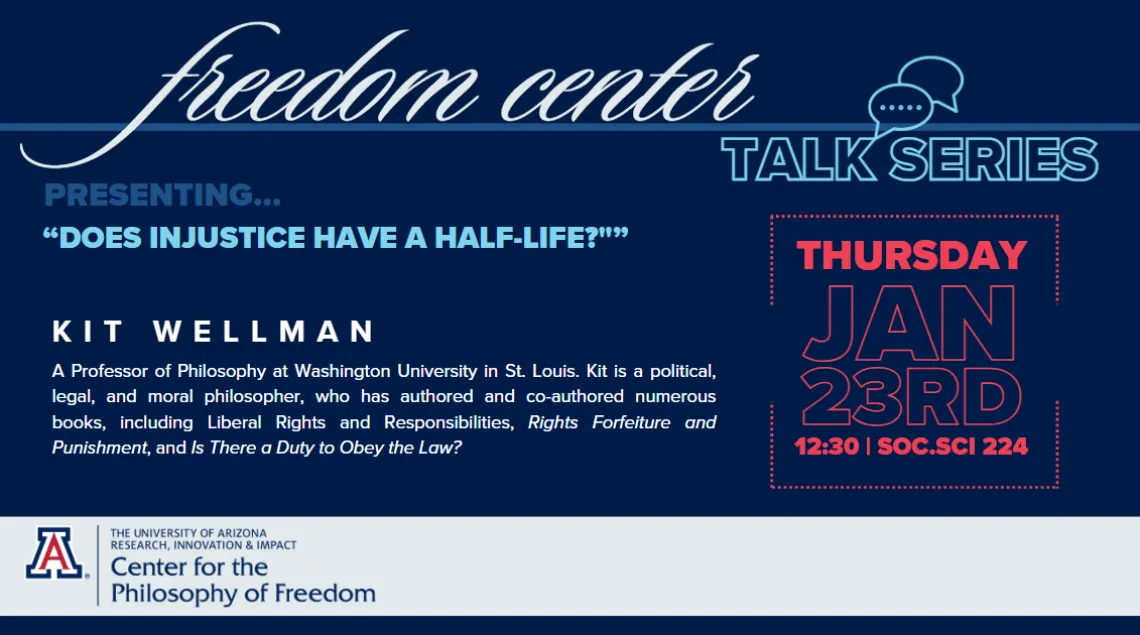Does Injustice Have a Half-life?

When
TITLE
Does Injustice Have a Half-life?
ABSTRACT
In a conversation with Eric Mack about the prospect of state-engineered alteration in the distribution of holdings in the wake of a pervasive historical injustice such as slavery, Robert Nozick reportedly told Mack that “I like to think that injustice has something like a half-life.” Nozick’s attraction to this position is understandable. After all, while slaves who were emancipated in the 1860’s were undeniably entitled to substantial reparations, it is much less clear who owes what to whom now. Similarly, while the Cherokee who were forcibly removed from Georgia in the 1830’s doubtless had a right to reclaim their land, many question whether their descendants have these same rights today. Nozick never pursued this very intriguing idea in print, so I would like to do so here. In doing so, I attend first and foremost to Jeremy Waldron’s influential reflections on rights supersession, as his pioneering work appears as much as any to have the potential to vindicate Nozick’s idea. As I will argue, Waldron identifies an important manner in which the contours of our moral rights can change over time, but neither his insights nor other considerations featured in the surrounding literature supports the notion that injustice lacks staying power.
LINK & LOCATION
Thursday @ 12:30pm
Social Sciences Seminar Room #224
Join Zoom Meeting
https://arizona.zoom.us/my/clarkdjphilosophy

